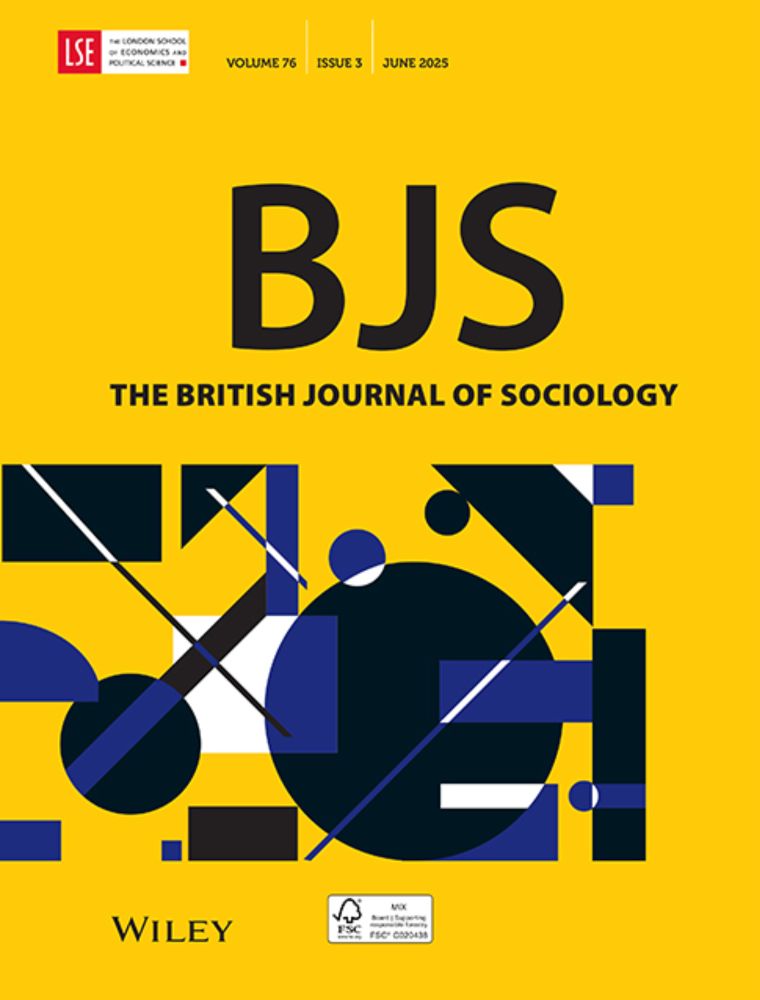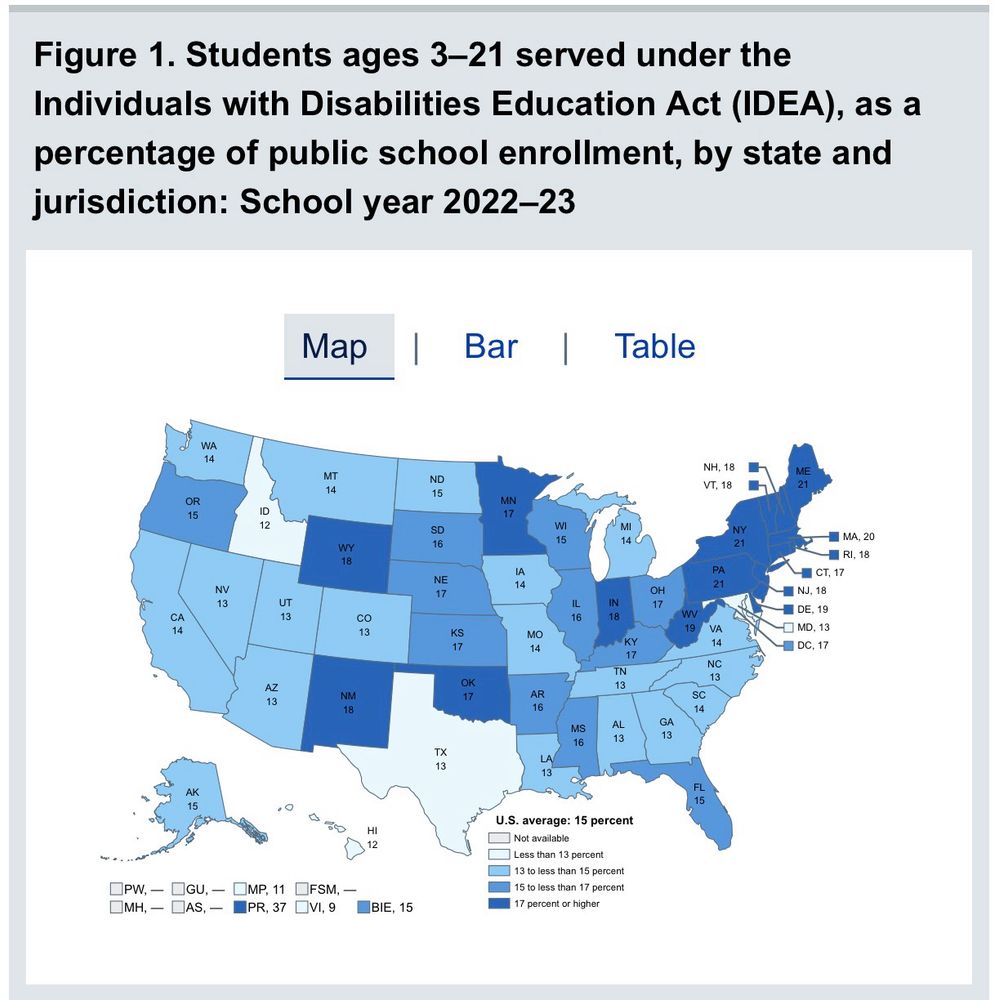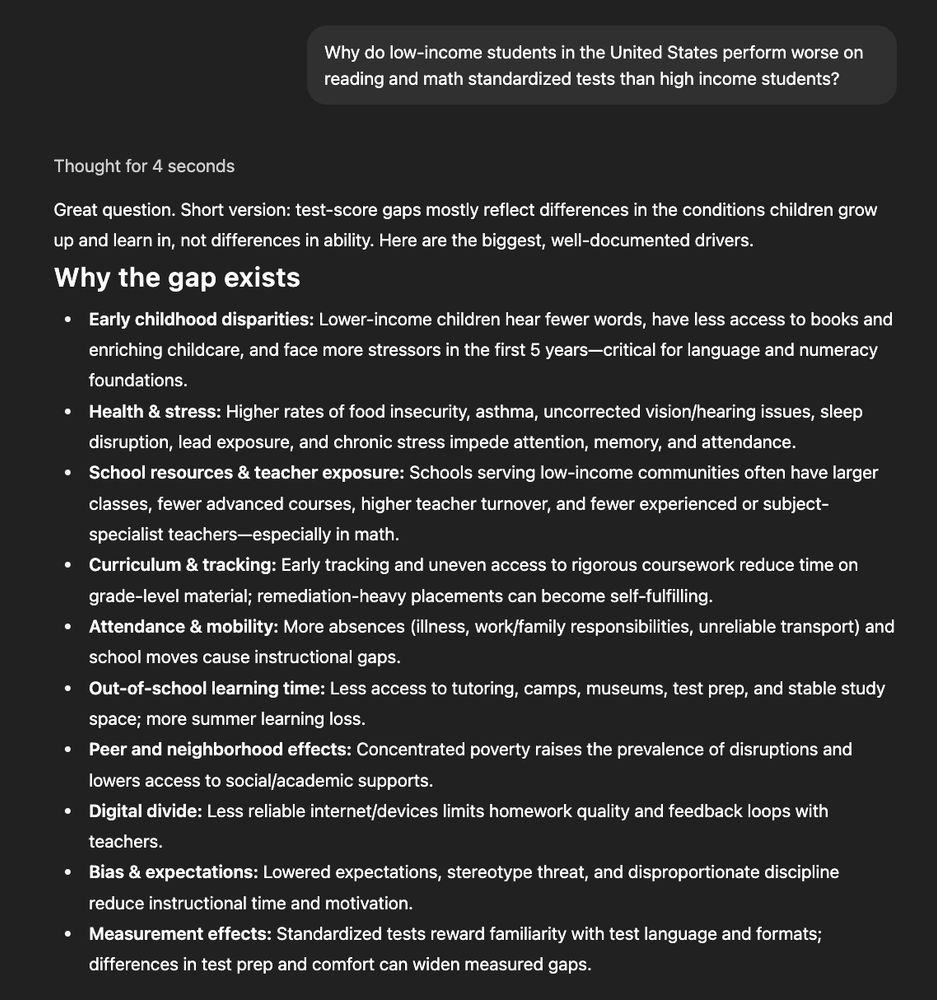Jen Jennings
@jenjennings.bsky.social
4.5K followers
2.9K following
1.3K posts
All things K-12 education policy. Professor @PrincetonSPIA & Sociology; Director, Education Research Section.
Posts
Media
Videos
Starter Packs











